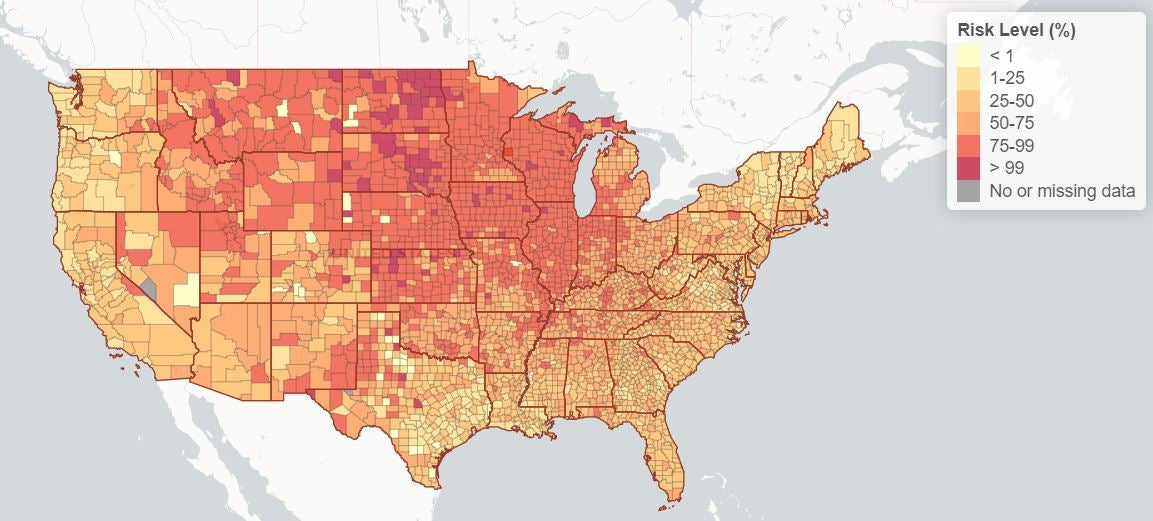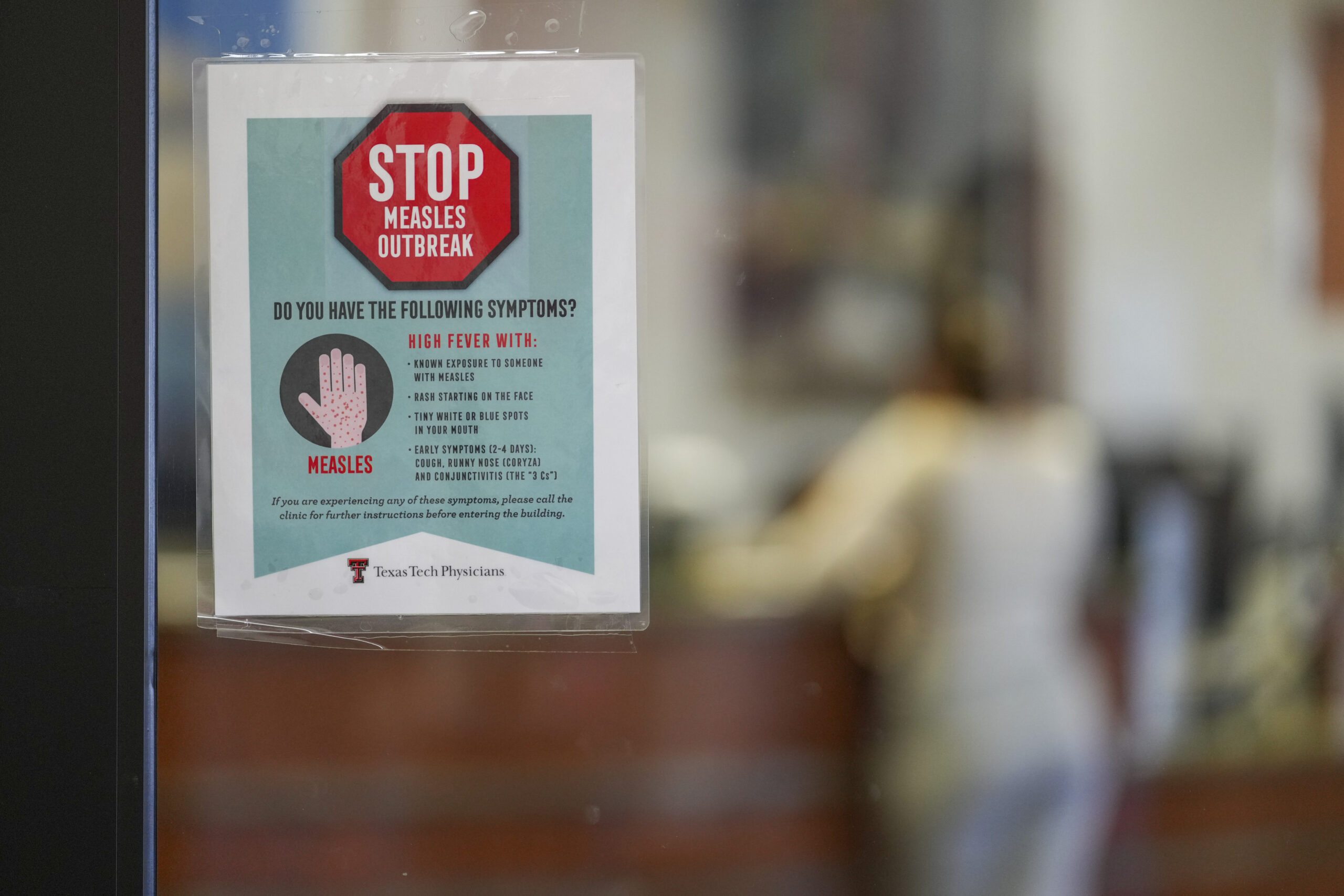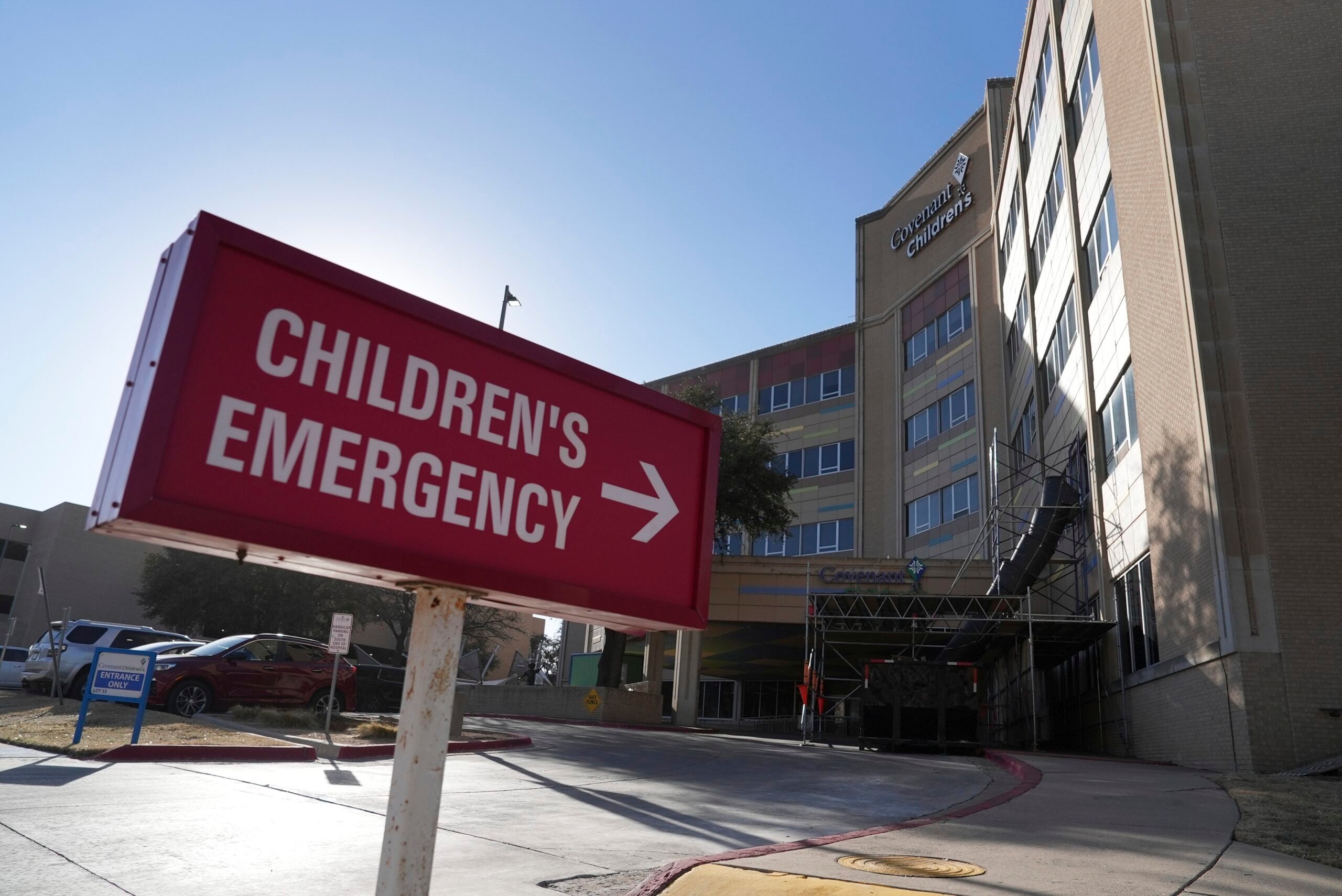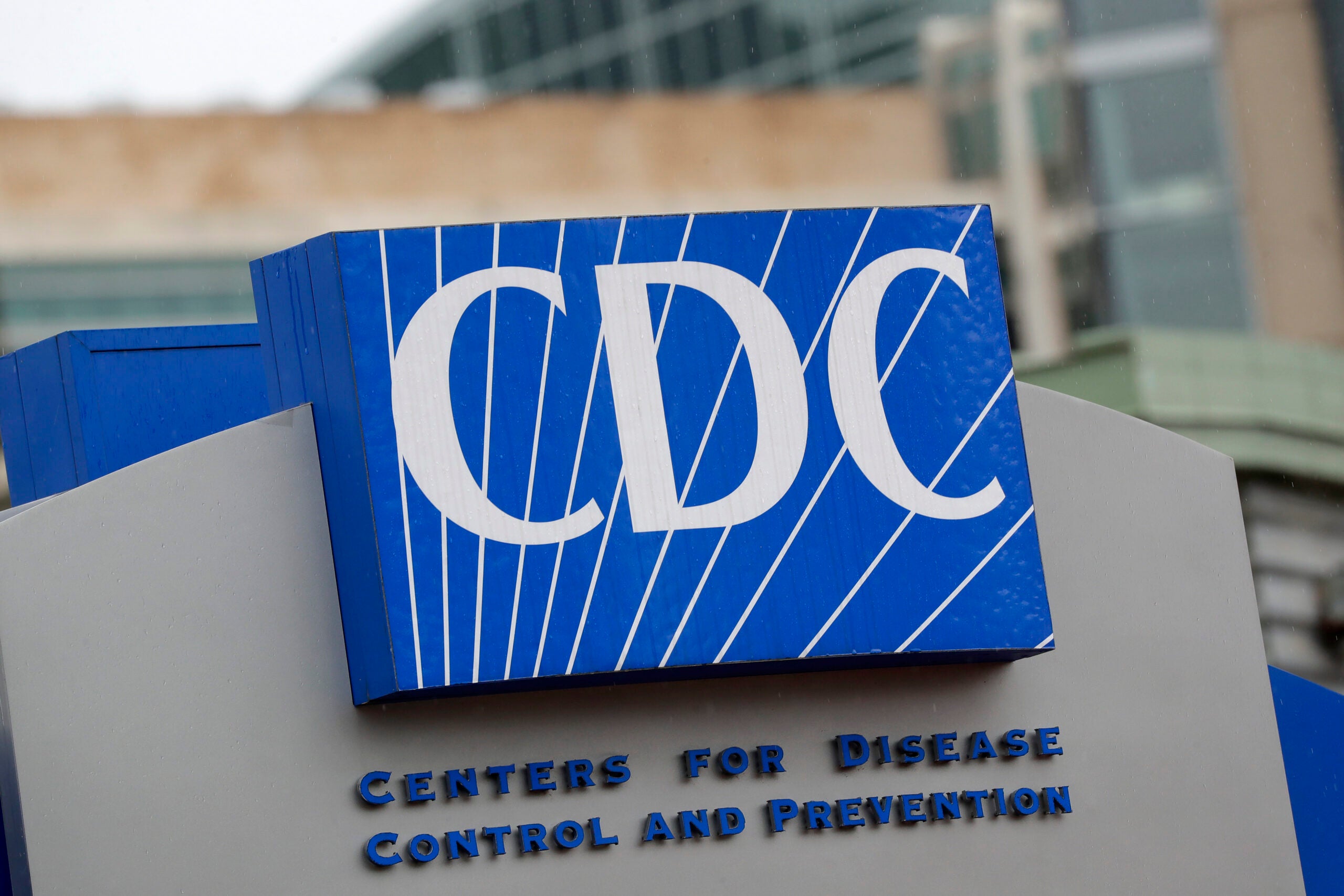In Marathon County, there’s a 97 percent chance that a gathering of 50 people or more includes someone with coronavirus. In Milwaukee County, it’s 92 percent, and in Dane County 84 percent.
These are among the findings of a new tool that allows users to estimate the risk of COVID-19 exposure in every United States county. The COVID-19 Event Risk Assessment Planning Tool is the product of data scientists at the Georgia Institute of Technology and Stanford University. It updates with new coronavirus infection numbers daily, and uses data from a study by the Centers for Disease Control and Prevention estimating the number of untested carriers of the disease to evaluate the risk level of gatherings of various sizes.
The tool is the subject of a peer-reviewed paper published this month in the journal Nature Human Behavior. The lead researchers in its creation, Joshua Weitz and Clio Andris, are among the authors.
Stay informed on the latest news
Sign up for WPR’s email newsletter.
“It’s a way of empowering people to make decisions that are informed by data, and start to think about what levels of risk are acceptable to them,” said Mallory Harris, a Stanford doctoral student in biology who worked on the project.
The tool clearly shows how the risk of exposure increases as the size of the gathering goes up — though in Wisconsin, which is experiencing uncontrolled spread of the virus, even small gatherings are relatively high risk. A gathering of 10 people ranges between a 26 percent risk at the lowest in Vernon and Green counties to a 70 percent risk in Menominee County at the highest.
Public health officials and Gov. Tony Evers have urged Wisconsinites to suspend all non-essential outings and gatherings as Wisconsin is facing climbing infection rates and death tolls.
To develop estimates of the disease’s prevalence among people who haven’t had positive tests, the risk assessment tool uses data from CDC serological surveys. These surveys tested people for the antibodies that show a person has previously fought off the coronavirus, and these may include people who don’t develop symptoms or whose symptoms are mild. In June, CDC Director Robert Redfield said as many as 90 percent of infections may not have been detected. The risk assessment tool allows users to choose whether they want to assume that prevalence is five times or 10 times the number of detected cases.
As a measure to slow the disease’s unchecked spread, health officials have urged Wisconsinites to cancel Thanksgiving gatherings in favor of immediate-family celebrations and virtual connections with extended family. But it’s not clear yet whether people will follow those recommendations, and even a relatively small number of gatherings has the potential to accelerate spread.
Harris said she hopes people will use the data in the tool to make informed decisions, but she stressed it should not take the place of official public health advice.
She analogizes the data to a weather forecast. On a day with a 98 percent chance of rain, we’re much more likely to bring an umbrella along with us when we leave the house. In the same way, people should be prepared to take more precautions in areas where it’s highly likely that gatherings will bring us into contact with carriers of the coronavirus.
“My hope is that people will see the risk that they might be at an event with someone who has COVID,” Harris said, and take action to reduce their personal risk.
“Instead of an umbrella, you put on a mask,” she said. “You bring your hand sanitizer. Instead of having that event indoors, you move it outdoors, or maybe you see if there’s a way to have it be online.”
Wisconsin Public Radio, © Copyright 2025, Board of Regents of the University of Wisconsin System and Wisconsin Educational Communications Board.





